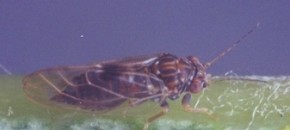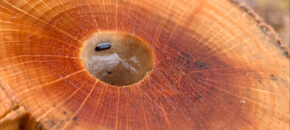
Tree Fruit Phenology: In southern counties peach orchards are shuck split to shuck off. Redhaven /PF-17 was at approximately at petal fall on April 19. Red Delicious is at petal fall. Cherries are at past bloom and petal fall depending on variety. Peach: Bacterial Spot: Copper formulations should be used starting at petal fall to […]
Continue reading...


